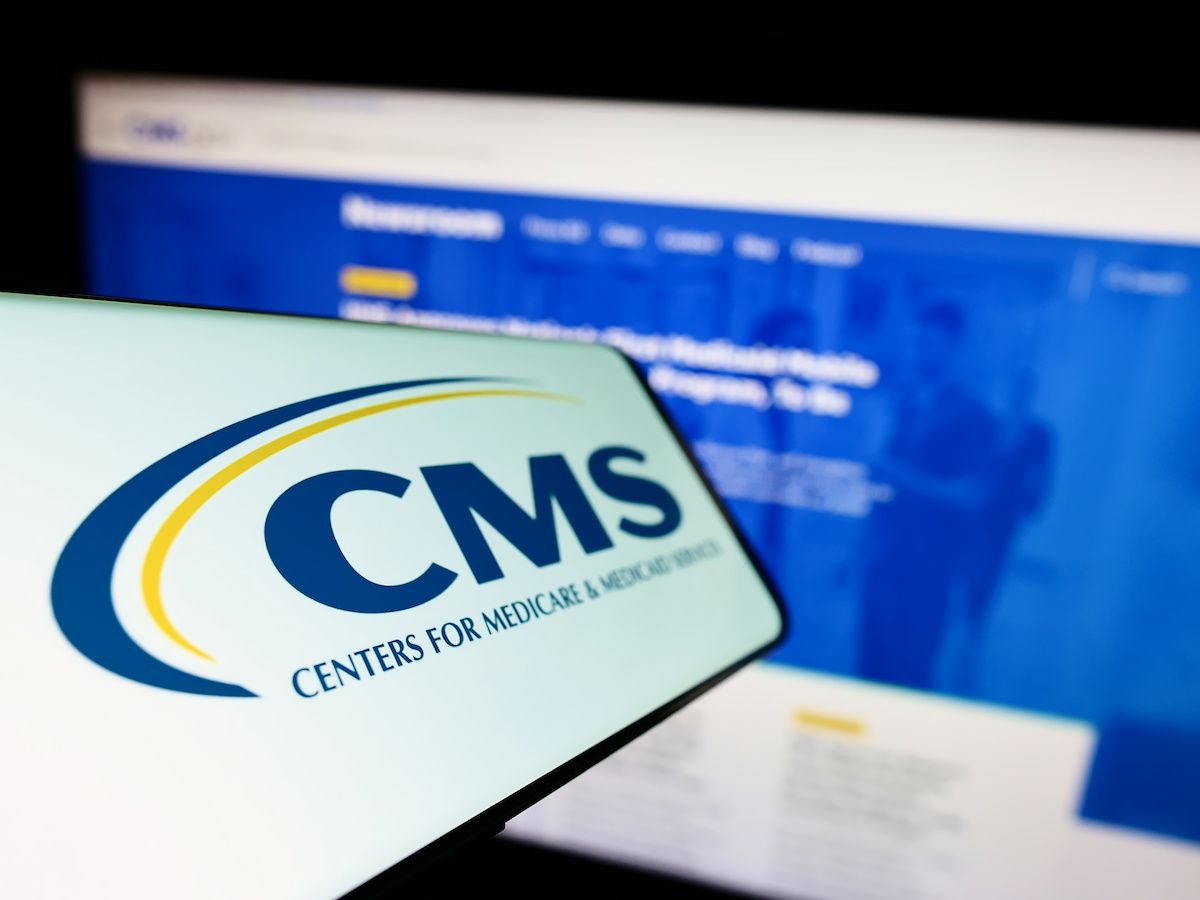Article
A new role for doctors
People with serious or disabling health problems often need a blueprint for lifelong care. Creating the plan has become a new business.
When you have a patient who needs long-term care you're probably building in your mind a plan for the care that patient will need for the rest of his life. As the primary care physician, you're often responsible for coordinating the patient's care with other medical professionals and helping the family or caregivers understand what the patient's needs will be.
There's a relatively young, but growing field of rehabilitation science that exists to formalize that process; it's called life care planning. Life care plans (LCPs) are used to document care needs for the elderly, for patients with chronic illness or disabilities, and for discharge planning.
LCPs include recommendations for future care, including surgeries and hospitalizations, orthotics and prosthetics, home modifications, and residential care. They're created through a collaborative effort with a life care planner, who coordinates information from a variety of sources and establishes a consensus. Either the planner or the party requesting the LCP will contact your office to request copies of the patient's record to familiarize themselves with the facts of the case. (Of course, these copies should only be released with the patient's authorization.) The planner then interviews the patient and documents all physical, cognitive, and emotional symptoms. Next, he or she talks to physicians, psychologists, family members, and caregivers to discuss the patient's needs and functional capabilities.
While specialists like physiatrists, neurologists, and orthopedists are most frequently called on to assist in formulating an LCP, the LCP team will want to consult the primary care physician, too. Pediatric LCPs, for instance, require regular consultation with pediatricians and other specialists, because there are special developmental considerations to take into account.
According to Ruth Zebarth, a certified life care planner with the Colorado Institute for Injury Rehabilitation in Denver, primary care physicians often lend critical insights. For example, a primary care physician who treated the patient pre-injury will be much better able to help distinguish between a pre-existing condition and the condition for which the LCP is being created. This is especially true when looking at behavioral changes in a patient who has suffered a brain injury.
As a consultant on an LCP team, you'll be asked specific questions to clarify diagnosis or treatment-either in writing or during an interview with the planner-or to review and comment on the completed LCP. If a personal injury case has been filed, a defense attorney might retain you as a medical consultant or expert. Your involvement in a case can range from one hour to six or seven, depending on the complexity of the medical issues. (Later, we'll discuss how-and how much-to bill for that time.)
In offering your recommendations to a life care planner, stick to your area of expertise and be complete and accurate. If you're asked to provide recommendations that fall outside your practice parameters, voice your concerns. Bill S. Rosen, a physiatrist in Missoula, MT, is vehement on this subject. "I won't even venture a guess if something is outside my area of expertise," he says.
Of equal concern, Zebarth says, is a life care planner who inaccurately records what you say. "You should be offered an opportunity to review the LCP, and if you aren't, ask to see it," she says. "That way you can confirm that it says what you recommend."
LCPs are focused on the present and future, rather than on the past, so in working with a life care planner you're unlikely to be discussing the cause of the injury. In fact, there are times when the planner isn't privy to information on how the injury was sustained. So, be cautious if you're asked questions that aren't specific to the LCP. Remember that anything you write or say can potentially be entered into evidence in a court case, and you may be asked to defend or expand on something you said-even if it was recorded a long time ago.
Who benefits-and how





